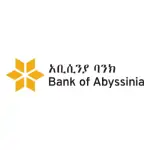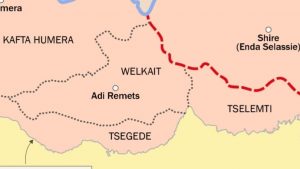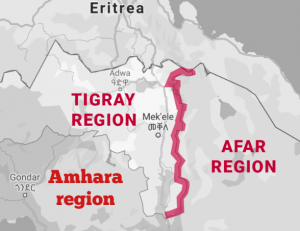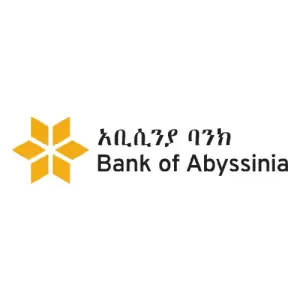Eritrean Economy is still shrouded in mystery while the International Monetary Fund (IMF) has released a new report containing Gross Domestic Product (GD) growth projections for world economies.
Eritrea is the only country in Africa whose GDP growth forecast is missing in this report. The report titled “World Economic Outlook” Steady but Slow: Resilience amid Divergence was published this week. The report did not mention any GDP forecast about Eritrea due to data reporting constraints.
The last published data by the International Monetary Fund (IMF) about Eritrean Economy is from 2019. On July 22, 2019, the Executive Board of the International Monetary Fund concluded the consideration of the 2019 Article IV Consultation with The State of Eritrea. Under Article IV of its Articles of Agreement, the IMF has a mandate to exercise surveillance over the economic, financial and exchange rate policies of its members in order to ensure the effective operation of the international monetary system. The IMF’s appraisal of such policies involves a comprehensive analysis of the general economic situation and policy strategy of each member country. IMF economists visit the member country, usually once a year, to collect and analyze data and hold discussions with government and central bank officials.
Upon its return, the staff submits a report to the IMF’s Executive Board for discussion. The Board’s views are subsequently summarized and transmitted to the country authorities. The Eritrean authorities did not consent to the publication of the staff report or the related press release.
However last year, African Development Bank (ADB) in its report “African Economic Outlook Report” published data about Eritrean economy.
The ADB last year stated that Eritrean GDP growth slowed to an estimated 2.3% in 2022 from 2.5% in 2021 due partly to the impact of Russia’s invasion of Ukraine on energy, fertilizer, and food prices. It predicted ” Real GDP is projected to grow 2.6% in 2023 and 3.1% in 2024 due to higher international prices for metals, led by industry and services on the supply side and private consumption and investment on the demand side. The fiscal deficit is projected to narrow to 1.9% of GDP in 2023 and 1.2% in 2024 on account of fiscal consolidation. The current account surplus is projected to drop to 10.8% of GDP in 2023 and 10.2% in 2024 due to fluctuations in international commodity prices. Poverty is expected to remain high as the share of the working poor, those who earn $3.10 (in purchasing power parity terms) a day, in total employment was an estimated 75.2% in 2019″.
Interestingly Eritrea has substantial endowments of copper, silver, zinc, gold, and potash, which accounted for about 10% of GDP. Another source of hard cash for Eritrean economy is remittance. Eritrean diaspora community members pay 2% diaspora tax to Eritrean government. The government has not shared any details in recent years of the remittance and diaspora tax collected.
Read more…
Ethiopian Economy set to grow faster then rest of world economies













1000640134864 gamachuu maammad husseen commercial bank Ethiopia
Eritrea is out of connection with the whole world. people are suffering by hunger, no business is allowed even small shop allowed to be run by government, Hence when you want to shop food items you have to make sure a family member from 18 year up to 60 years are in military services.